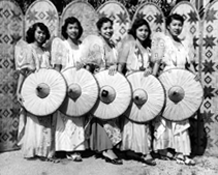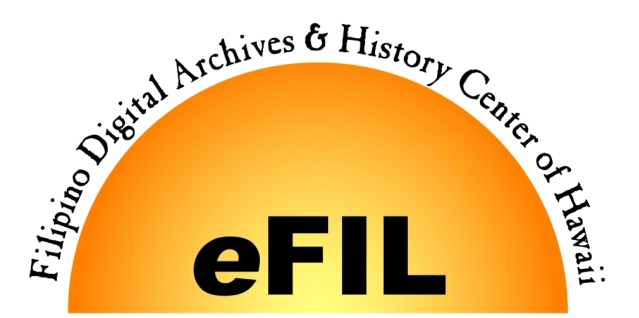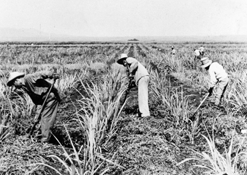


UNHEARD VOICES PROJECT
Romel Dela Cruz
Romel Dela Cruz was born in 1945 in Darayday (Barrio 49), Laoag City, Philippines. A year later, in 1946, Romel's father left the Philippines to seek work in Hawaii, a journey several other relatives took before WWII. Romel's father gained U.S. citizenship in 1953 and started the process for his family to join him in Hawaii. By 1954 Romel found himself in Pa'auilo, Hawaii Island.
Sugar cultivation and production still reigned in Hawaii, but Romel would take advantage of opportunities at school and in the local community to develop the leadership skills, an outlook and a future beyond the plantation. Romel would seek further education and experiences on the U.S. continent and in the Philippines where, Romel met his wife, Jodean Marie Schneider.
With their newly gained and developed knowledge, perspectives and confidence, Romel and Jodean returned to Honolulu and pursued careers in public health (Romel) and education (Jodean). Eventurally, they would work diligently, island hopping, their way back to Romel's Hawaii Island roots.
Three interviews were conducted by Melinda Tria Kerkvliet on November 9-11, 2021.
INTERVIEWER:
Melinda Tria Kerkvliet arrived in Hawaii in 1971. She participated in several anti-development protests in the 1970s, including those at Ota Camp, Chinatown and Waihole-Waikane. She has a Ph.D. in history from the University of Hawaii and has written a book on Filipino labor leader, Pablo Manlapit: Unbending Cane: Pablo Manlapit, A Filipino Labor Leader in Hawaii. In 1972 she participated in establishing Operation Manong, a federally-funded project which hired Filipino college students to tutor Filipino students at the public schools. The project has since broadened its scope and is now part of the University of Hawaii-Manoa as the Office of Multicultural Student Services.
PHOTOGRAPHS:
Romel Dela Cruz and Jodean Dela Cruz
The views and opinions contained in each oral history are solely those of the interviewee and interviewer and not necessarily those of eFIL, FAHSOH, FilCom, OMSS, HCH or the University of Hawaii.
HOME
|
Filipino-American
Historical Society of Hawaii
|
Help
Exhibits
| Publications
|
Collections
| Student/Teachers
Welcome
| About
| News
& Updates |
Giving
| Contact
Us
Copyright © 2006 by the Filipino-American Historical Society of Hawaii.
